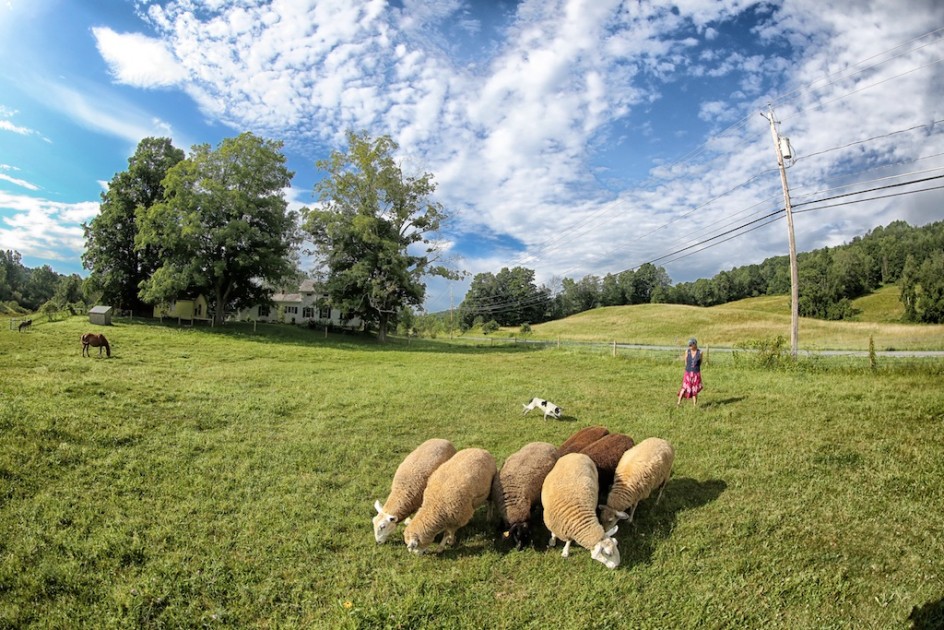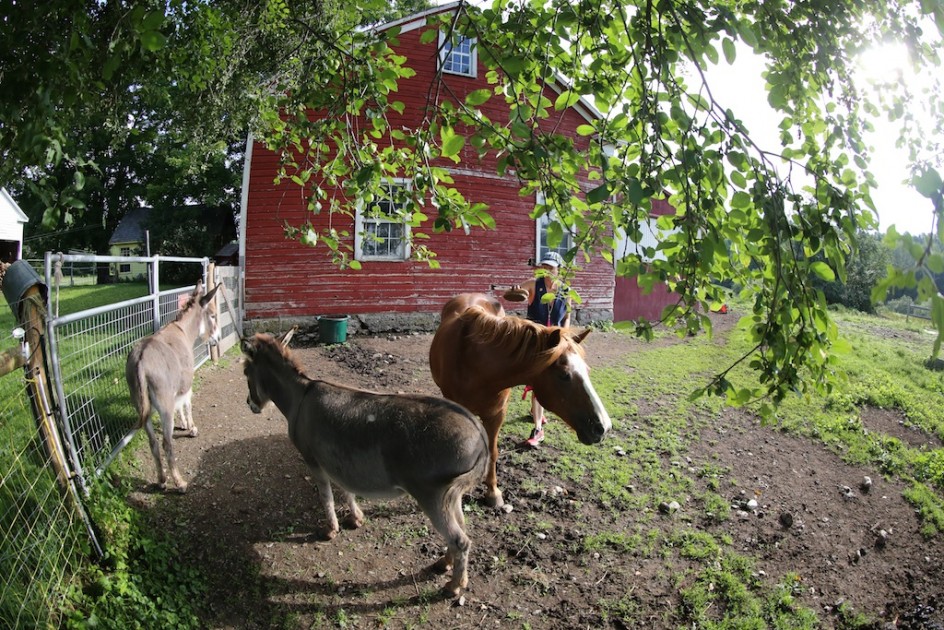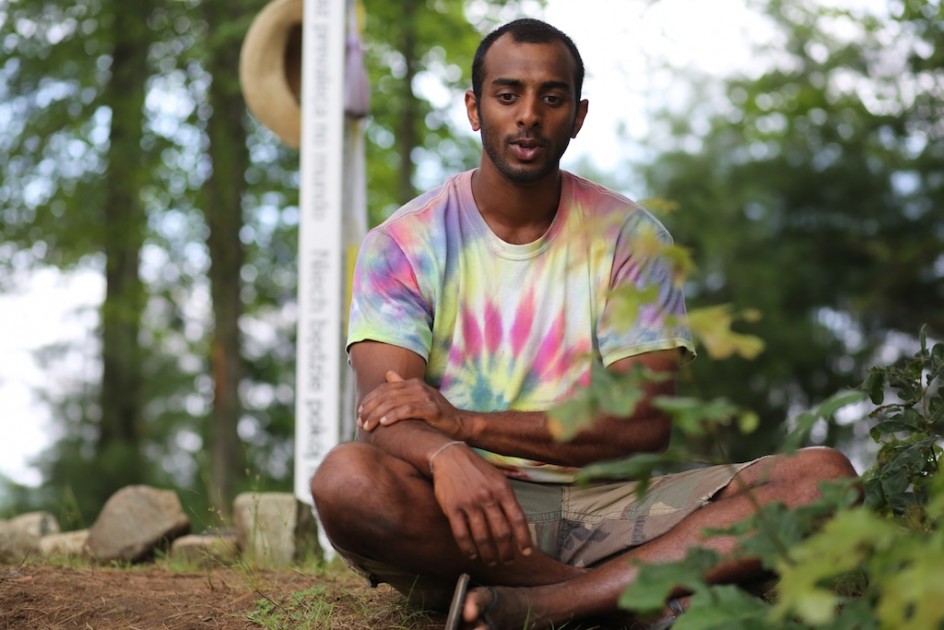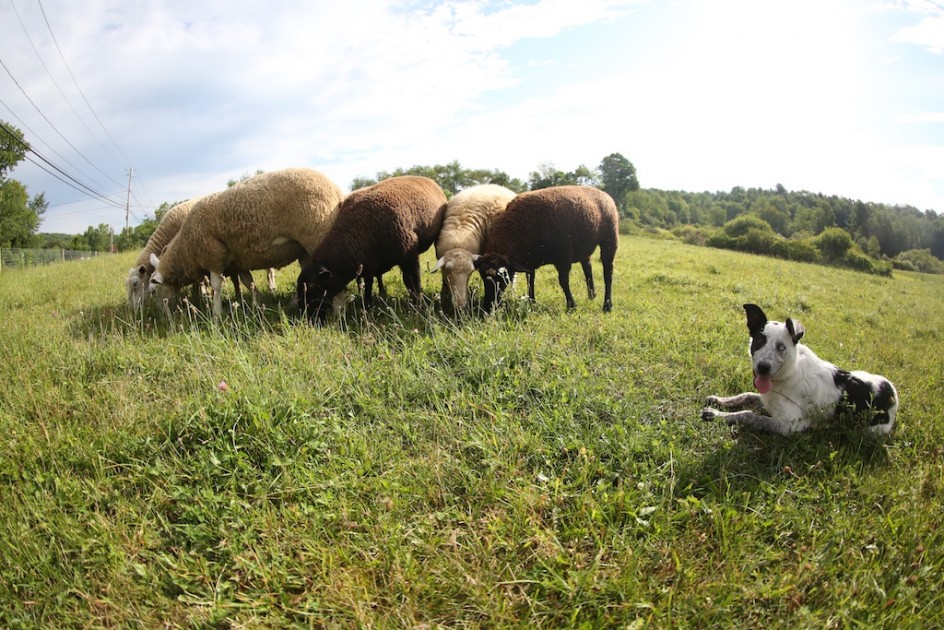
More than 15 years ago, when my daughter Emma was 14, I took her to a baseball game at the old Yankee Stadium. At this point in my life, I went to Yankees games as often as I could, I even got a limited season pass ticket plan.
They won all of the time, but beyond that, there was something very soothing, very meditative to me about sitting and watching a baseball fame. The odd thing is that I don’t really love baseball – I don’t really love any sport – but I love watching baseball, if that makes any sense. The rhythms and rituals of the game felt so peaceful and timeless to me, and at that point, it grounded me, it was a peaceful place for me to go.
I knew my life was about to change, and needed to change, I just didn’t know how to do it. Emma was even less interested in sports than I was, she was a brainiac, an obsessive reader. I think she read every major work of fiction in the Western World when she was a kid, but I thought she might like a baseball game. I remember little about the game, other than that I showed her how to score the game. I remember she was more interested than I thought she would be, and she seemed to love keeping score.
I think we may have gone to another game or two at the stadium together, I’m not sure. I didn’t think much about that night, Em and I went to a lot of places together when she was younger.
Emma went off to Yale a few years later and we have not been to a baseball game since – at least not until tomorrow night, Wednesday night.
Our lives diverged. Emma moved to New York City after Yale, I came up to the country, bought my farm. My life did change, it suddenly became very different from hers, I ran away from almost everything that was familiar to me and baseball faded from my consciousness. Sports seemed so corporate and big-money to me, baseball lost it’s charm. I rarely watch TV.
Then there was the divorce. Our family broke up. Today, Emma, who majored in film studies at Yale, is the Senior Editor for baseball at Sports Illustrated, the most prestigious sports publication in America. It doesn’t quite square with the quiet kid reading Tolkien up in her room, but she is very good at what she does, I love reading her writing about baseball. And she loves baseball very much.
I haven’t been to a baseball game in more than a decade, I’ve never been to the new Yankee Stadium. Emma says she is a baseball writer because of me and the game I took her to when she was 14. That is humbling, it blows my mind, for sure. I learn every day that I know little and see almost nothing.
Emma and I have worked hard to stay connected to each other. We were talking a month ago and I said I would love to see the new stadium. Baseball is no longer a regular part of my life, but it has a powerful hold on my history and memory. My father and I did only one thing together in my life with him, and that was go to Fenway Park in Boston to see the Red Sox once or twice a season.
I knew I had to – wanted to – go to another game with her at the stadium. I guess my memories of it are painful as well as elegaic, I often went alone, and lost myself in the crowds and the din. But this is about me and Emma, not baseball or the Yankees. Emma wants to go with me, I think we both want to revisit that experience in the new context of our lives. She is married now, her husband Jay, also a baseball writer, will join us during the game.
Emma and I had some struggles after the divorce, I think my brilliant and very urban daughter thought I had lost my mind when I moved to the country. We could not relate to one another for a time. But we never let go of one another, we never stopped trying to communicate. To stay in touch. We never gave up on one another.
That was one of the most painful experiences of my life. Neither one of us really knew how to do it, but it was my fault, I should have known and done better. So we are doing better now, much better. I am delighted to be going to a baseball game with my daughter.
Maria is driving me to the train in Albany in the morning, Emma and I will probably go see the new Whitney Museum together, wander around the new West Side, and then go to the new stadium. I am excited to see it, happy to have her show me around. It is her turn, I think, to bring me into her world and show it to me. I know nothing of the Yankees now, of their staff or record or struggles. She has become the father, I have become the child. I accept the new arrangement. She will be showing me around.
Maria and I never love being apart, but she does not care for baseball, and wants to stay behind and take care of the farm. I think she also wants me to have some of this time alone with my daughter, that kind of time is rare for me.
I imagine the seats will be great, Sports Illustrated has some weight in those circles. Emma says there is no healthy food at the stadium, but I will have some hot dogs, for old time’s sake. This time, I’ll be bringing my medicine. And wearing some heavy-duty sneakers for my feet. I’m bringing my wide angle lens. I am expecting some blisters.
For me, the circle turns and turns. You never really leave your life behind, you simple give birth and rebirth to it, again and again and again. I’m taking the camera. Let’s play ball.




